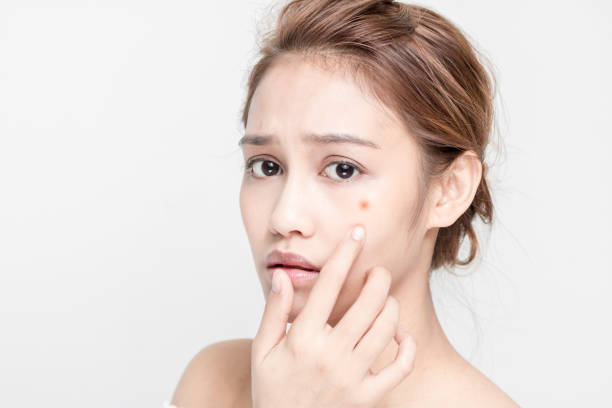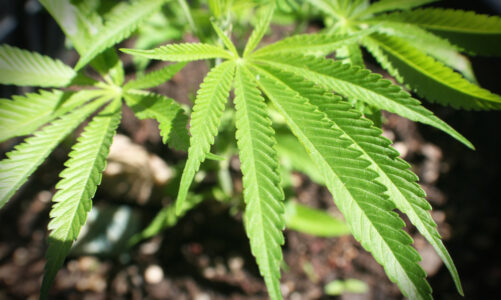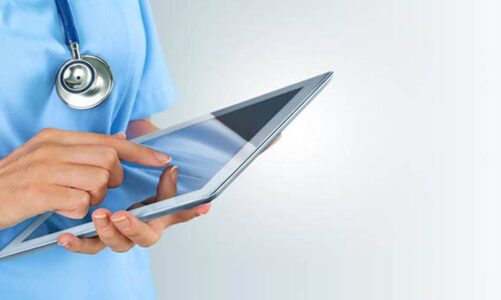Isotretinoin is an oral medication utilized for the treatment and avoidance of extreme acne. Acne is brought about by irritation of the skin. It affects teens, yet it likewise affects grown-ups as well. Severe acne problems cause lasting scarring of the skin.
Isotretinoin has always been a trusted pimple treatment. Here, we will discuss the uses, side effects, and precautions related to this treatment.
Uses of Isotretinoin Capsule
This medication is formulated to treat extreme cystic acne (otherwise called nodular skin inflammation) that has not reacted to other treatments (e.g., benzoyl peroxide or clindamycin applied to the skin or antibiotic medication or minocycline taken by mouth). It’s anything but a class of drugs known as retinoids. It works by diminishing facial oil (sebum) creation. High measures of sebum can prompt extreme skin inflammation. Whenever left untreated, severe acne problems may cause lasting scarring.
You should swallow the whole capsule. Try not to smash or bite the capsule. Isotretinoin is usually taken twice per day for 15-20 weeks or as recommended by your physician. Most doctors suggest that the medication should be taken with meals.
The dose depends on the severity of your problem, weight, and response to treatment. Your acne may deteriorate during the initial days of taking this medication, and it might require up to 1-2 months before you notice the full result of this medicine.
Since this medication can be ingested through the skin and lungs and may hurt an unborn child, ladies who are pregnant or planning for a child should not intake this drug or inhale the residue from the containers.
Side Effects
Dry lips and mouth, mild swelling of the eyelids or lips, dried up skin, nosebleeds, stomach upset, or thinning of hair may happen. If any of these stay for a long time or worsen, immediately consult your doctor.
In some rare cases, Isotretinoin may cause infection of the pancreas (pancreatitis), and it may seldom be deadly. Quit taking this drug and tell your doctor immediately if you experience:
- Serious stomach torment
- Extreme or industrious queasiness/spewing
Safety measures
If you have any allergy, inform your doctor before taking Isotretinoin; even if you are hypersensitive to vitamin A-related medications (other retinoids, for example, tretinoin) or you have some other sensitivities, you must report it.
This item may contain inert fixings (like soybean, parabens), which can cause allergic reactions or different issues. A few groups who are adversely affected by peanuts may likewise be hypersensitive to soy. Converse with your drug specialist for additional subtleties.
Moreover, before using this drug, share your medical record with your doctor, especially if you have diabetes, family or individual history of high blood pressure, mental/disposition issues (like depression or anxiety), liver illness, dietary matters (e.g., anorexia nervosa), liquor misuse, pancreatitis, bone misfortune conditions (e.g., osteoporosis/osteomalacia, diminished bone thickness). You should refrain from donating blood while you are taking Isotretinoin.
This medicine may make you more sensitive to the sun. Avoid getting tanned. Use sunscreen and wear a defensive dress when going outside. Inform your doctor immediately if you get burned from the sun or have skin rankles/redness.
More Information
Other medication interactions may change how Isotretinoin works or enhance your risks of side effects. A few items that may associate with this medication are:
- Antibiotic medications (like minocycline, antibiotic medicines).
- Nutrient A-type drugs (for example, acitretin, bexarotene).
- Nutrient A.
- Medicines that cause bone misfortune (for instance, hostile to seizure medications like phenytoin, corticosteroids like prednisone).
Bottom Line
Consult your doctor when you start any new medication. Similarly, tell your doctor if you have any new spotting or if your skin is getting dried up. Isotretinoin is considered the most effective pimple treatment of recent times. To get its benefits, first, consult an experienced skin specialist.




